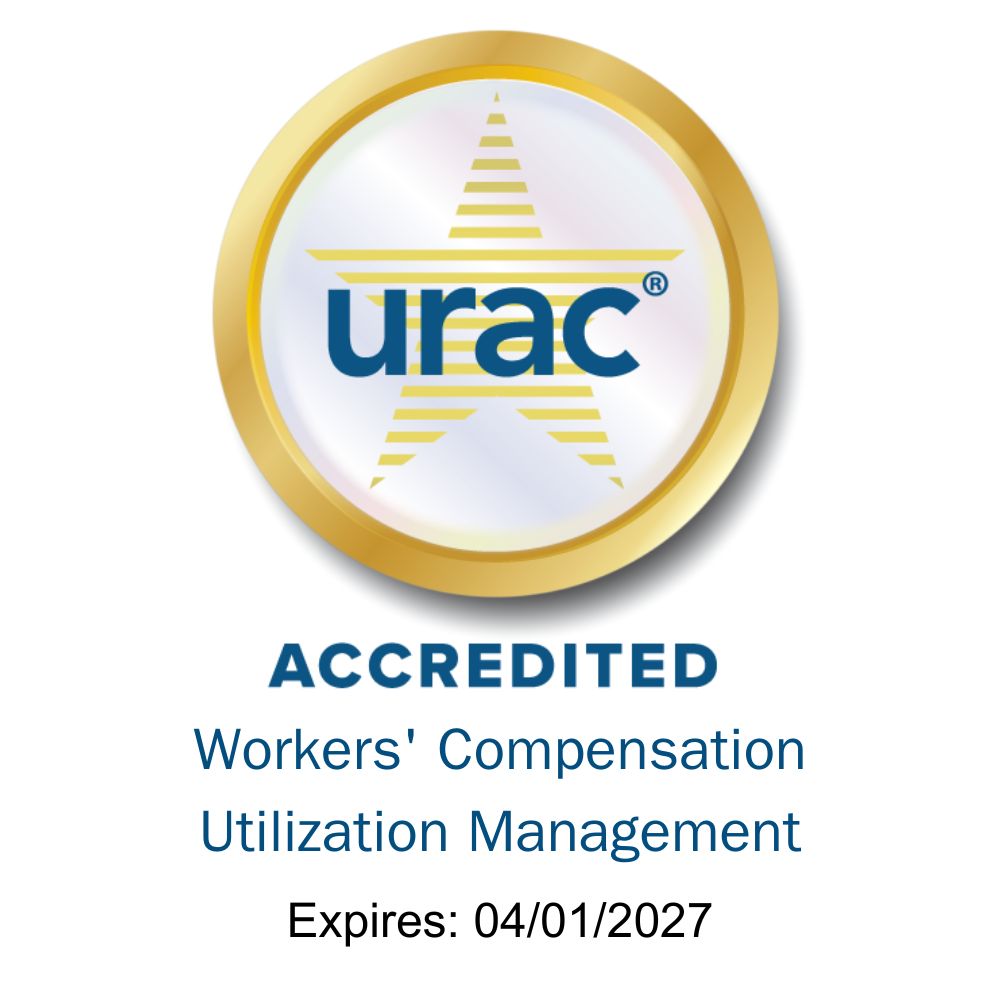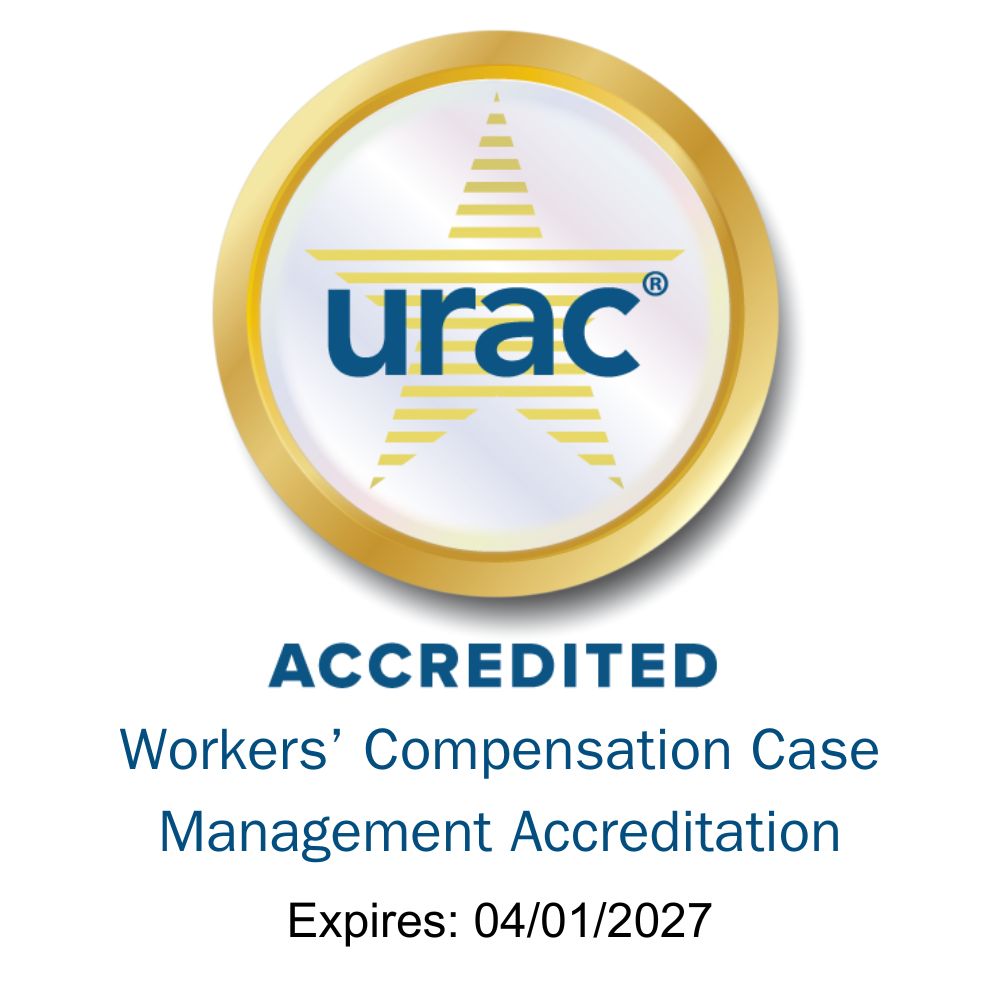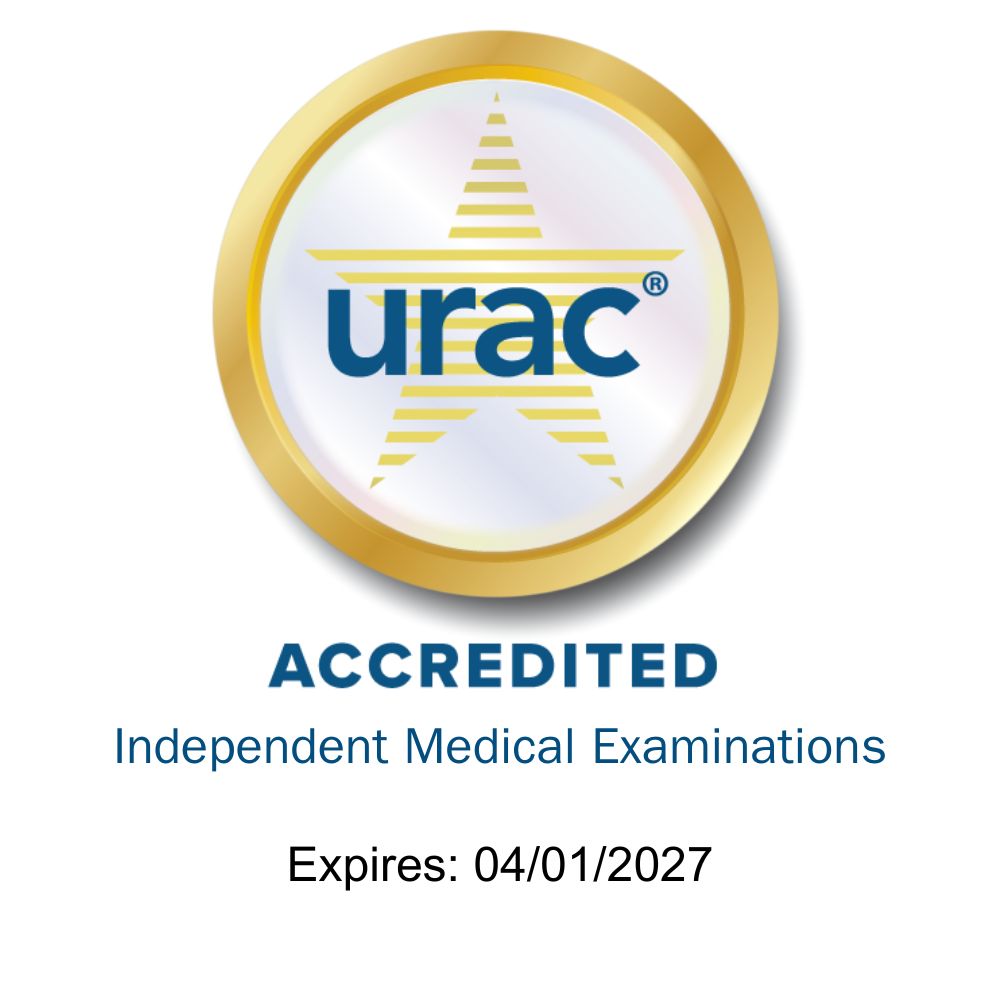There’s been a lot of talk about injured worker advocacy and empowerment in workers’ compensation. But what exactly does that mean? Genex’s 2017 Heart of Case Management Award winner Lisa Armstrong, BSN, CRRN, RN-BC, has a few ideas to keep your injured workers invested in their own recovery.
Tom Kerr (TK): I’m Tom Kerr. There’s been a lot of talk recently about injured worker advocacy and empowerment in workers’ compensation. But what exactly does that mean? 2017 Heart of Case Management Award winner Lisa Armstrong has a few ideas, and she joins us today to share them on Inside Workers’ Comp. Lisa, thanks for joining us.
Lisa Armstrong (LA): Thanks, Tom. I'm happy to be here.
TK: When we look at empowering the injured worker, what needs must be addressed to set the case on the right path?
LA: I think that for an injured worker they have a few simple, but very important issues and questions that would make a world of difference if they had them answered early on. First, they want to know, are they going to be treated fairly? Are they going to be treated with respect or are they just going to be a number? Are they going to receive quality medical care? Are they going to understand what the process is and what the goals are?
The sooner that we can address those major issues with them early on, it can really set a tone in their mind that they are getting the attention, respect and empathy that they desire. That is one of the big goals of bringing in a nurse case manager or really some sort of advocate, because I really see this as an advocacy based model. Having that front‑line contact to assist in understanding the process can be very comforting to a patient, really help set their expectations and keep misunderstandings from happening and avoid frustration. It can really help avoid any perceived barriers they have that can be anxiety provoking.
TK: And in terms of the injured worker, how would you define empowerment?
LA: I would say issue No. 1 in empowerment is having the information you need to be able to make decisions about your health, about your injury. Ideally, an injured worker would fully understand the claims process, they would feel like they are being heard and understood and they would be an active participant in their care. They would feel that they understand the resources that are out there and, if not, they know who to go to for that information.
I always tell my patients, "I may not have all the answers, but ask me anyway. I'll find the answers." That's a great comfort to them; they will know that their concerns are being addressed quickly. They'll have their own goals for their treatment and their return to work.
TK: How can the various players, like the employer, providers, adjuster, family, do their part in empowering the injured worker?
LA: I think that to a great extent what each one of these players can do individually can really go a long way in impacting the claim. One of the first contacts an injured worker has is with their supervisor, human resource department in reporting the claim. I think that by having an initial response of concern and respect for the injured employee can really help them feel that they're an important part of the company.
I also have people tell me, "I feel like they're angry with me because I got hurt," or, "I feel like I've worked there for so many years, but then when I got hurt, I felt like they didn't care.” I think that by having a culture of respect, feeling concerned and providing as much information initially when the injury is just reported can be very helpful in setting the tone for the employer.
Certainly, first discussions with claims examiners, if they are able to connect with somebody quickly at the insurance company and have a good interaction with them, that sets a certain tone in their mind.
Family, having the people around them, the people most important to them, understand what this injury is and how it's going to impact not only them but the family. There are some injuries that are more obvious. Then there are some injuries like concussions that are very misunderstood. If you have a patient who is forgetting things and always asking their spouse to repeat something, that can be frustrating for them. Then [the family member] gets frustrated with the injured worker. It can be very defeating for everyone. Being a source of information, education, to the family so that they can provide the support, emotional and otherwise, for their family member is important.
With the treating provider, for them to be able to speak directly with the patient and explain a diagnosis or an injury in language that they can understand. If they can clearly explain all of the treatment options, whether they feel like they're feasible or not, whether they feel like the insurance company will approve it or not, information is information. I think that the more open we can be with all of the possible treatment options, the more the patient will feel like they're getting the best possible care, not just what the doctor thinks the insurance company is going to pay for.
Then, certainly, the nurse case manager being a real linchpin in this whole process, because not only are we there to provide this support and advocacy, but we can help encourage the other members of the team to do the same.
TK: Can you give us an example of how empowering an injured worker yielded a positive result?
LA: I feel that the longer I'm in this field, the more I realize just how creative we can be in looking outside of the box and thinking of utilizing resources that maybe aren't obvious to us at first.
I had a young father of two, Spanish speaking only — there definitely was a language barrier. He had just moved to Pennsylvania from New York, so he was new to the area. He was already feeling very isolated. He had a crush injury to his foot which really changed his life because not only was he was not able to work but he wasn't able to play with his children. He was a coach for their Little League and now he wasn't able to do those things. I could tell that it was really impacting his quality of life. He was getting very depressed.
Typically, workers' comp doesn't pay for counseling and mental health issues that maybe aren't directly related to the injury but could be more of sequala from the injury, change of life. But I was able to discuss with the adjuster and come to an understanding that really this would make a big difference in the outcome of the claim if he could have somebody that he could talk to. We were able to get a Spanish‑speaking counselor to meet with him just once or twice a week.
It really impacted the whole direction of the claim because, by having that support, by having somebody to talk to, it really got him through the roughest time of this injury. We had a very good outcome. We were able to get him back to work. But more importantly, he was able to feel like he was still a productive member of the family, that he could take care of his children, that he could do sports with them.
I think sometimes we underestimate just the emotional impact that these injuries have. Sometimes, by thinking a little bit out of the box, we are able to provide supports to help them with other issues that arise because of this injury. I think having the best possible outcome for an injury benefits everybody. It benefits the employer, the insurance company, and of course, most of all, the injured worker.
TK: Thanks, Lisa. To learn more on helping injured employees become more involved in their own recovery, check out Lisa’s interview with Risk and Insurance in “Empowering Injured Workers to Heal.” In our next Inside Workers’ Comp, we’ll look at how you can best prepare for a mass casualty event, and develop a framework to prevent catastrophic exposure to employers and carriers. Until then, thanks for listening.







